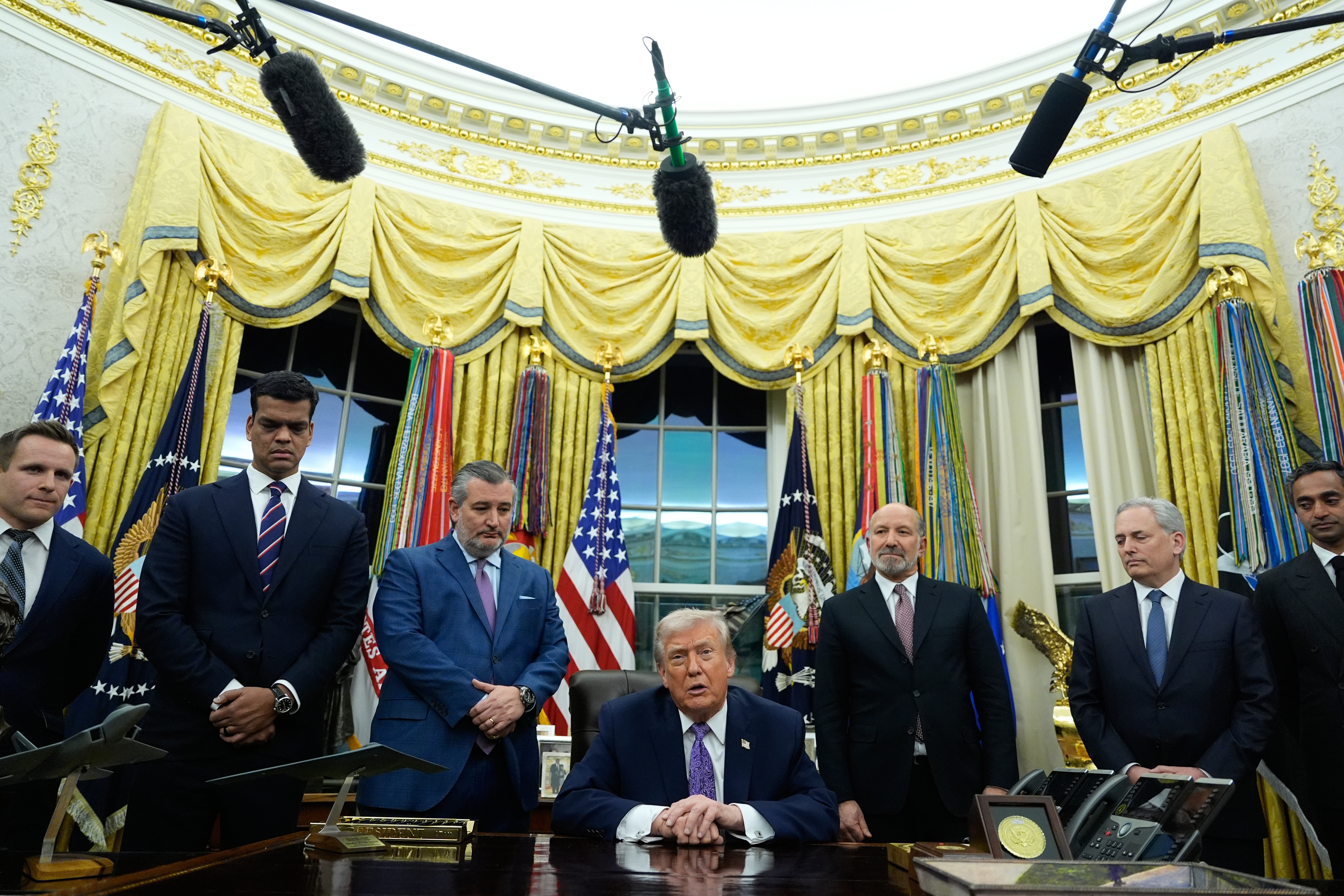Jurors in federal court have awarded $25.6 million to a former Starbucks regional manager who alleged that she and other White employees were unfairly punished after the high-profile arrests of two Black men at a Philadelphia location in 2018.
Shannon Phillips won $600,000 in compensatory damages and $25 million in punitive damages on Monday after a jury in New Jersey found that race was a determinative factor in Phillips' firing, in violation of federal and state anti-discrimination laws, Law360 reports.
In April 2018, a Philadelphia store manager called police on two Black men who were sitting in the coffee shop without ordering anything. Phillips, then regional manager of operations in Philadelphia, southern New Jersey, and elsewhere, was not involved with the arrests but lost her job less than a month later after objecting to another White manager being placed on leave amid the uproar, according to her lawsuit.
The company's rationale for suspending the district manager, who was not responsible for the store where the arrests took place, was an allegation that Black store managers were being paid less than White managers, according to the lawsuit. Phillips said that argument made no sense since district managers had no input on employee salaries.

Starbucks' new CEO says he’ll work as a barista once a month
The executive says his barista training helped him understand what works well, and where they need to improve.
The lawsuit alleged Starbucks was instead taking steps to “punish White employees" who worked in the area "in an effort to convince the community that it had properly responded to the incident."
During closing arguments on Friday, Phillips' lawyer Laura Mattiacci told jurors that the company was looking for a “sacrificial lamb” to calm the outrage and show that it was taking action, Law360 reported. Picking a Black employee for such a purpose "would have blown up in their faces,” she said.
Starbucks denied Phillips' allegations, saying the company needed someone with a track record of “strength and resolution” during a crisis and replaced her with a regional manager who had such experience, including navigating the aftermath of the 2013 Boston Marathon bombings, Law360 reported.
“A peacetime leader is very different from a wartime leader,” Starbucks attorney Richard Harris said during his closing arguments, Law360 reported. “These were turbulent times. Starbucks needed someone to show strength and resolution.”
Phillips' attorney, however, cited earlier testimony from a Black district manager, who was responsible for the store where the arrests took place, who described Phillips as someone beloved by her peers and who worked around the clock after the arrests.
Phillips broke into tears and hugged one of her lawyers after the verdict was read, Law360 reported. In an email, Mattiacci confirmed the award amount and said the judge will consider awarding back pay and future pay, as well as attorney’s fees. Mattiacci told the New Jersey Law Journal that she will seek about $3 million for lost pay, and roughly $1 million on her fee application. Starbucks declined comment Tuesday.
In the April 2018 incident, Rashon Nelson and Donte Robinson were arrested in a Starbucks coffee shop near tony Rittenhouse Square in Philadelphia shortly after the manager called police to report that two men were refusing to either make a purchase or leave the premises. They were later released without charges.
Video of the arrest prompted national outcry and led the current CEO of Starbucks to personally apologize to the men. The company later reached a settlement with both men for an undisclosed sum and an offer of free college education. The company also changed store policies and closed locations across the country for an afternoon for racial-bias training.
The two men also reached a deal with the city of Philadelphia for a symbolic $1 each and a promise from officials to set up a $200,000 program for young entrepreneurs. The Philadelphia Police Department adopted a new policy on how to deal with people accused of trespassing on private property — warning businesses against misusing the authority of police officers.








